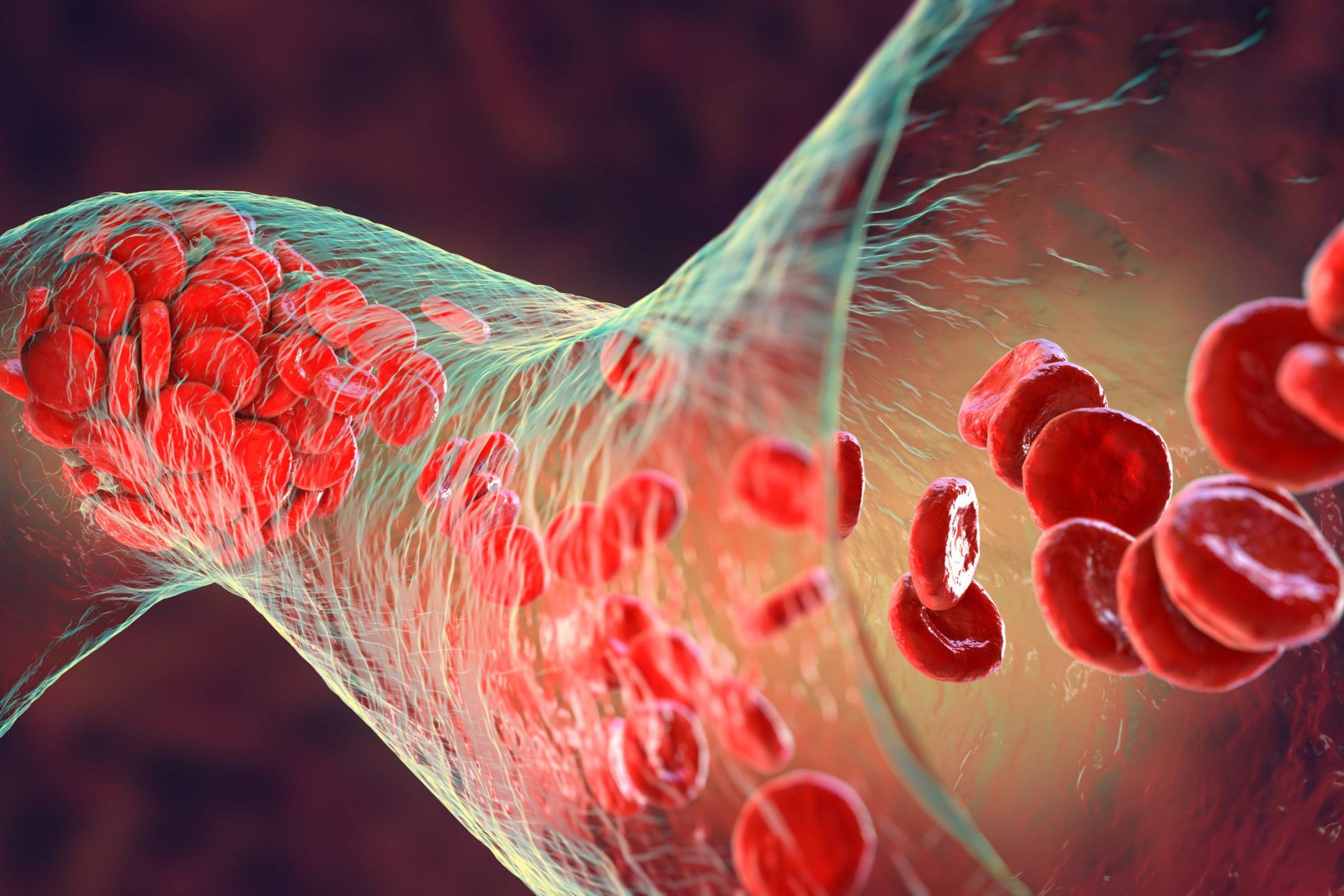
Thrombopoietin is a fascinating protein that plays a crucial role in blood health. Ever wondered how your body manages to produce platelets? This protein is the answer. Thrombopoietin is primarily produced in the liver and kidneys, and it regulates the production of platelets by stimulating the bone marrow. Without it, your blood wouldn't clot properly, leading to excessive bleeding or bruising. Understanding this protein can help you appreciate how your body maintains balance and health. Dive into these 50 facts to learn more about the incredible world of thrombopoietin and its impact on your well-being.
Key Takeaways:
- Thrombopoietin is a liver-produced protein that helps make platelets for blood clotting. It's important for maintaining normal platelet counts and has clinical implications in treating blood disorders.
- Research on thrombopoietin is ongoing, exploring its potential in regenerative medicine, cardiovascular health, and immune system regulation. Understanding TPO has led to advancements in hematology and may lead to new therapies.
What is Thrombopoietin?
Thrombopoietin (TPO) is a protein that plays a crucial role in the production of platelets, which are essential for blood clotting. Understanding TPO can help us appreciate its significance in our bodies.
- Thrombopoietin is a glycoprotein hormone.
- It is primarily produced in the liver.
- TPO regulates the production of platelets in the bone marrow.
- It binds to the thrombopoietin receptor, also known as c-Mpl.
- The gene for TPO is located on chromosome 3 in humans.
- TPO levels can be measured in the blood.
- It was first discovered in the early 1990s.
- TPO is also produced in smaller amounts by the kidneys.
- It has a molecular weight of approximately 70 kDa.
- TPO is essential for maintaining normal platelet counts.
How Thrombopoietin Works
TPO's mechanism of action involves stimulating the production and differentiation of megakaryocytes, the cells that produce platelets. This process is vital for maintaining hemostasis.
- TPO binds to receptors on the surface of megakaryocytes.
- This binding activates intracellular signaling pathways.
- These pathways promote the growth and maturation of megakaryocytes.
- Mature megakaryocytes release platelets into the bloodstream.
- TPO levels increase in response to low platelet counts.
- Conversely, high platelet counts suppress TPO production.
- TPO also affects the survival of megakaryocytes.
- It can enhance the proliferation of hematopoietic stem cells.
- TPO works in conjunction with other growth factors.
- It plays a role in the repair of damaged blood vessels.
Clinical Significance of Thrombopoietin
TPO has significant clinical implications, particularly in the diagnosis and treatment of various blood disorders. Its role in medicine continues to expand.
- TPO levels are often measured in patients with thrombocytopenia.
- Thrombocytopenia is a condition characterized by low platelet counts.
- TPO mimetics are drugs that mimic the action of TPO.
- These drugs are used to treat chronic immune thrombocytopenia (ITP).
- TPO levels can be elevated in certain cancers.
- Low TPO levels may indicate liver disease.
- TPO receptor agonists can stimulate platelet production.
- These agonists are used in patients undergoing chemotherapy.
- TPO can be used to monitor bone marrow function.
- Research is ongoing to develop new TPO-based therapies.
Thrombopoietin in Research
Scientists continue to study TPO to better understand its functions and potential applications. Research in this area is dynamic and evolving.
- TPO knockout mice are used to study its functions.
- These mice lack the gene for TPO.
- TPO is being investigated for its role in stem cell biology.
- Researchers are exploring TPO's potential in regenerative medicine.
- TPO may have applications in treating aplastic anemia.
- Studies are examining TPO's role in cardiovascular health.
- TPO is being studied for its effects on other blood cells.
- It may have a role in immune system regulation.
- TPO research is contributing to our understanding of hematopoiesis.
- New TPO analogs are being developed for therapeutic use.
Interesting Facts about Thrombopoietin
Beyond its medical and biological significance, TPO has some fascinating aspects that highlight its importance in the human body.
- TPO was named after its function in thrombopoiesis.
- It is one of the few hormones primarily produced by the liver.
- TPO levels can fluctuate based on circadian rhythms.
- It has a relatively long half-life in the bloodstream.
- TPO can be stored in platelets and released when needed.
- It has a role in wound healing.
- TPO can influence the production of red blood cells.
- It is involved in the body's response to inflammation.
- TPO can affect the behavior of certain cancer cells.
- Understanding TPO has led to advancements in hematology.
The Final Word on Thrombopoietin
Thrombopoietin, a key player in blood health, drives platelet production and maintains balance in the body. This hormone, produced mainly in the liver and kidneys, ensures that blood clotting happens efficiently. Without it, even minor injuries could become life-threatening. Scientists have made strides in understanding thrombopoietin, leading to treatments for conditions like thrombocytopenia. This hormone's role extends beyond just platelets; it impacts stem cell maintenance and overall bone marrow health. Knowing these facts can help you appreciate the complex systems keeping you healthy. Whether you're a student, a healthcare professional, or just curious, understanding thrombopoietin enriches your knowledge of human biology. So next time you hear about blood disorders or platelet counts, you'll have a deeper insight into the vital role thrombopoietin plays.
Frequently Asked Questions
Was this page helpful?
Our commitment to delivering trustworthy and engaging content is at the heart of what we do. Each fact on our site is contributed by real users like you, bringing a wealth of diverse insights and information. To ensure the highest standards of accuracy and reliability, our dedicated editors meticulously review each submission. This process guarantees that the facts we share are not only fascinating but also credible. Trust in our commitment to quality and authenticity as you explore and learn with us.
